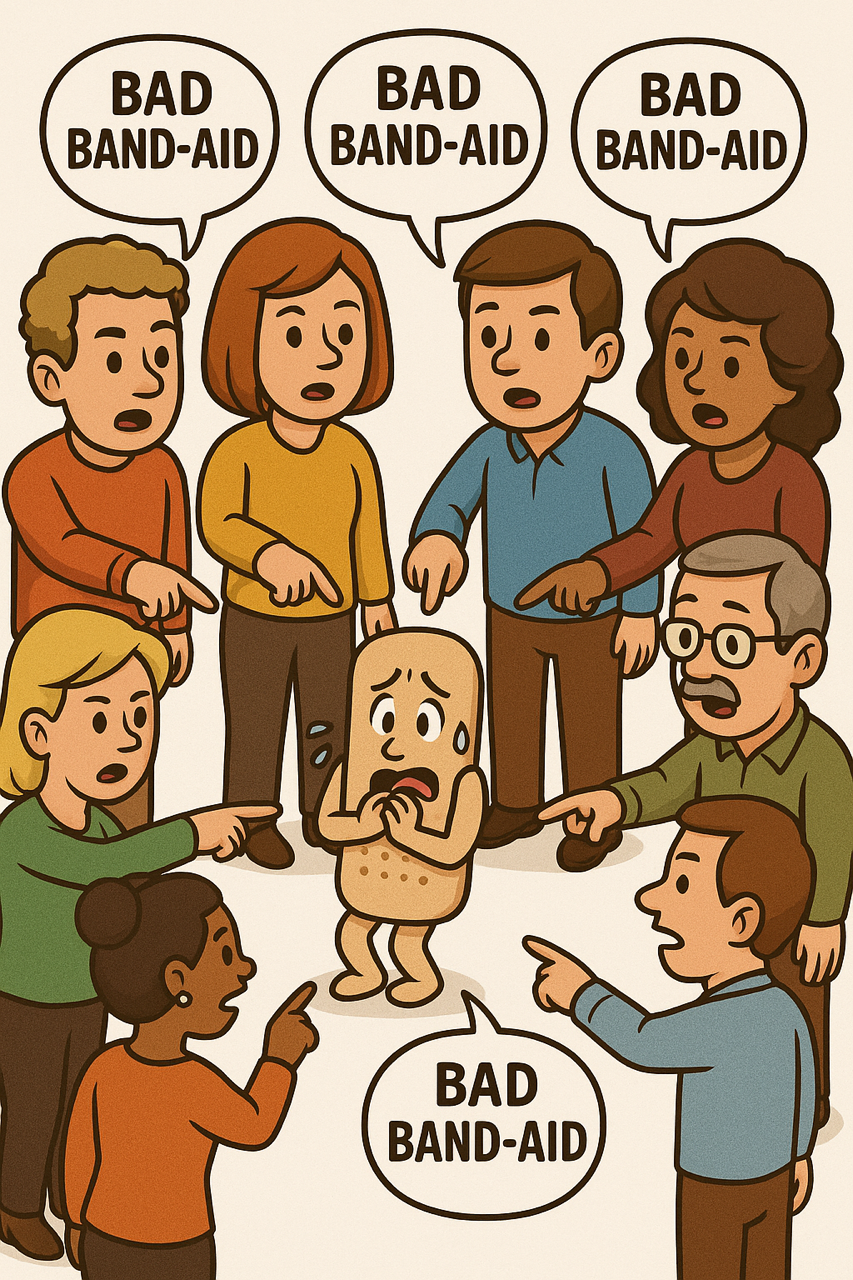OUR MISSION
Phoenix Ranch Foundation is a trauma-informed sanctuary for recovery and reintegration.
We exist for those navigating the long road home—for the youth cast adrift by broken systems, for the veterans haunted by wars that didn’t end when they came home, for the unhoused who are not mad but simply forgotten, and for those whose addictions were born from pain, not weakness. What binds them isn’t failure. It’s trauma.
At Phoenix Ranch, we don’t fix. We walk alongside.Through rhythm, stewardship, accountability, and deep storytelling, we offer more than a way out.We offer a way through.

Our mission is to establish 1,000+ acre ranches in all 50 states, replacing punishment and failed treatment programs with safe, loving, and healthy environments where fallen angels can heal from their trauma, grow and learn the skills needed to rise up as phoenixes to enjoy prosperous, bright, happy futures.

Michael Turner, founder of the Phoenix Ranch Foundation, was incarcerated at 14 and spent half of high school without his freedom. While in prison, Michael vowed to someday replace dangerous, trauma/PTSD-inducing youth prisons with recovery ranches.
Turner has dedicated his life to researching and mastering the skills needed to create meaningful change in our society. Over the course of nearly 30,000 hours of research spanning four decades, he came to a profound realization: the trauma he experienced during his time in prison—which led to years of PTSD—is the same trauma that affects military veterans, individuals experiencing homelessness, and those struggling with substance abuse and addiction.
At just 14 years old in prison, Turner made a vow: He would build healing ranches in all 50 states—or die trying. He later made himself another vow: He would never break that promise.
Turner has devoted his entire life to this mission. These ranches are for the youth abandoned by broken systems, for the veterans still fighting battles long after the war, for the unhoused who are not broken—just overlooked, and for those whose addictions stem from deep pain and trauma, not moral failure. The time for trauma recovery ranches is now, not later.

Michael Turner, founder of the Phoenix Ranch Foundation, was incarcerated at 14 and spent half of high school without his freedom. While in prison, Michael vowed to someday replace dangerous, trauma/PTSD-inducing youth prisons with recovery ranches.
Turner has dedicated his life to researching and mastering the skills needed to create meaningful change in our society. Over the course of nearly 30,000 hours of research spanning four decades, he came to a profound realization: the trauma he experienced during his time in prison—which led to years of PTSD—is the same trauma that affects military veterans, individuals experiencing homelessness, and those struggling with substance abuse and addiction.
At just 14 years old in prison, Turner made a vow: He would build healing ranches in all 50 states—or die trying. He later made himself another vow: He would never break that promise.
Turner has devoted his entire life to this mission. These ranches are for the youth abandoned by broken systems, for the veterans still fighting battles long after the war, for the unhoused who are not broken—just overlooked, and for those whose addictions stem from deep pain and trauma, not moral failure. The time for trauma recovery ranches is now, not later.
The interactive diagram below invites you to explore the impact of trauma and how it shapes the lives of millions of people across our society.
FROM INCARCERATION TO INSPIRATION
Michael Turner, founder of the Phoenix Ranch Foundation, was incarcerated at 14 and vowed to replace youth prisons with healing ranches. Now, 39 years later, he's making that dream a reality.
FROM INCARCERATION TO INSPIRATION
Michael Turner, founder of the Phoenix Ranch Foundation, was incarcerated at 14 and vowed to replace youth prisons with healing ranches. Now, 39 years later, he's making that dream a reality.
OUR APPROACH TO REHABILITATION
THERAPEUTIC ACTIVITIES
We integrate hands-on activities that nurture responsibility, connection, and purpose. Ranch life includes animal husbandry to build empathy and routine, farming and gardening to encourage mindfulness, and trade skill training through physical labor that boosts confidence and career opportunities. These experiences help youth reconnect with themselves and the world around them.
EDUCATIONAL SUPPORT
Our Montessori-style classrooms promote curiosity, critical thinking, and independent learning. Each child learns at their own pace, gaining practical knowledge, life skills, and academic foundations that prepare them for a fulfilling future inside or outside traditional career paths.
EMOTIONAL HEALING
We prioritize mental and spiritual wellness in a loving, trauma-informed environment. With space to process their past and supportive mentors guiding them forward, youth are given the opportunity to heal emotionally and build a renewed sense of hope and self-worth.
Our Approach to Healing & Growth
Guiding the Next Generation
Empower veterans by providing them with mentorship roles, allowing them to guide youth in mastering the skills needed to set them up for success in life. The initiative not only helps young adults learn valuable lessons, but also enables veterans to leverage their strengths—such as discipline, hard work, and organizational skills—in a meaningful and impactful way.
Healing Together: Kids & Canines
Each child is paired with a dog to be trained as a service animal, adopted from a local humane society. While the average wait time for a service dog can exceed 18 months, this initiative not only helps reduce the burden on humane societies, but also gives these dogs a loving purpose. In turn, children receive essential emotional support during their healing journey.
Building Skills, Building Futures
Comprehensive training and hands-on experience in essential trade skills such as carpentry, plumbing, electrical work, and framing. Graduates of our programs will emerge with a diverse skill set and valuable knowledge, empowering them to create income opportunities and build the lives they aspire to lead.
All incoming youth participate in a 30-day evaluation period to assess individual needs and develop a specialized, trauma-informed treatment plan. For the safety and stability of the ranch community, we are unable to accept individuals with a history of violence.

